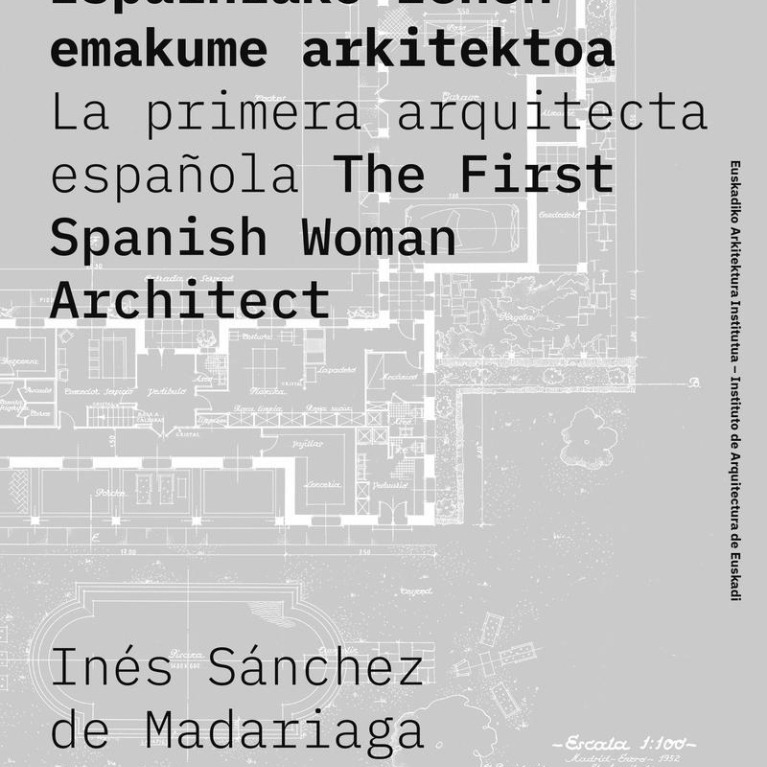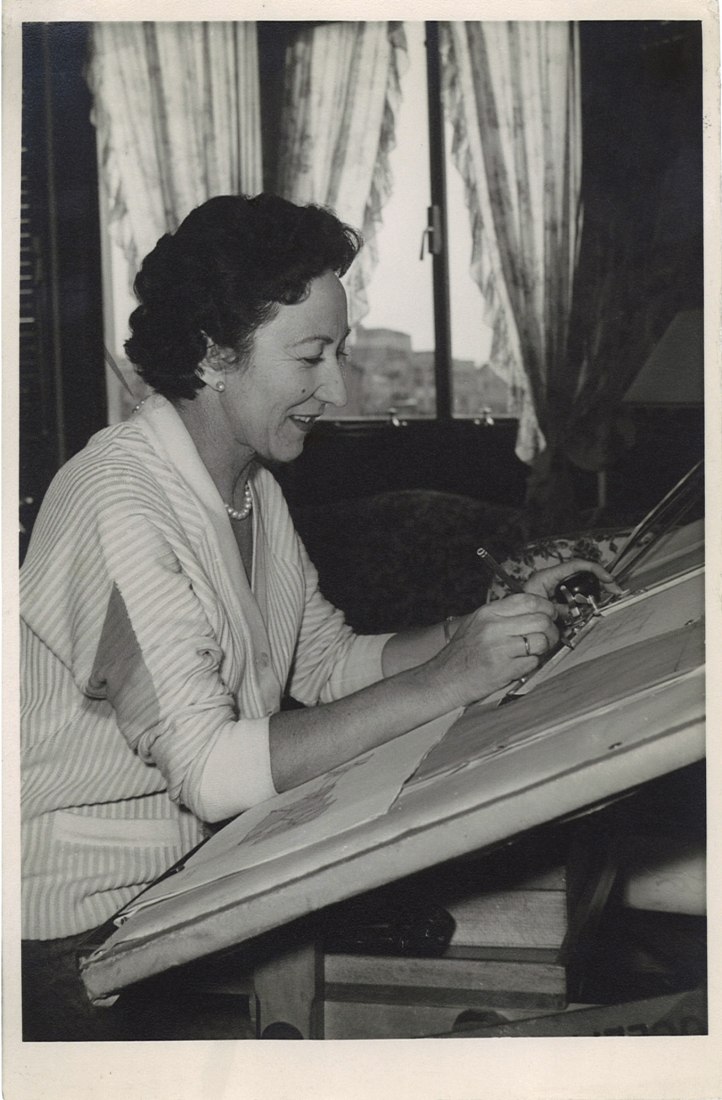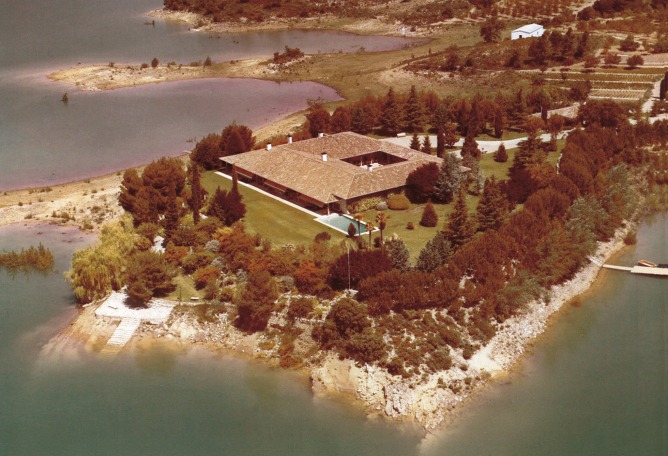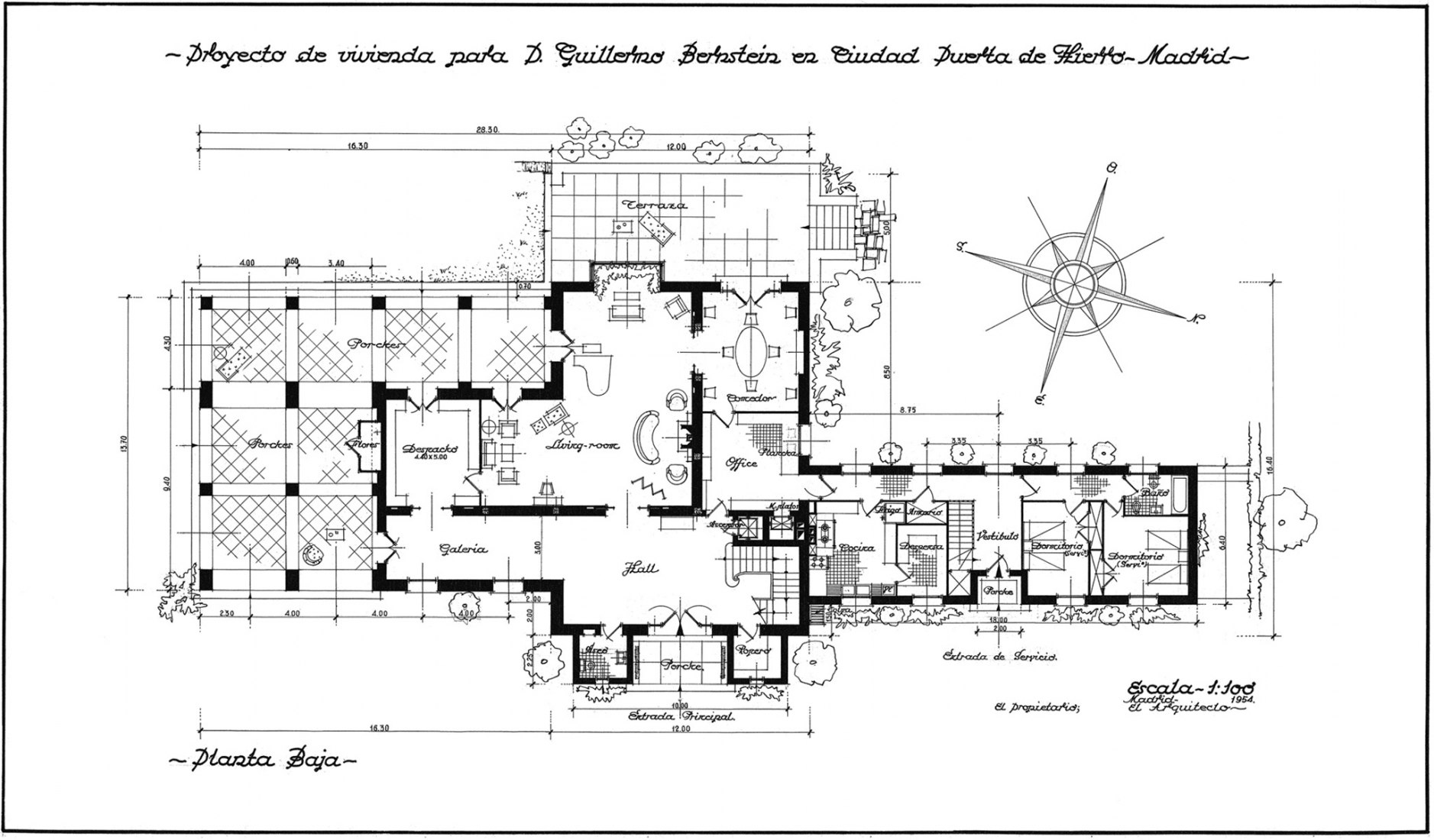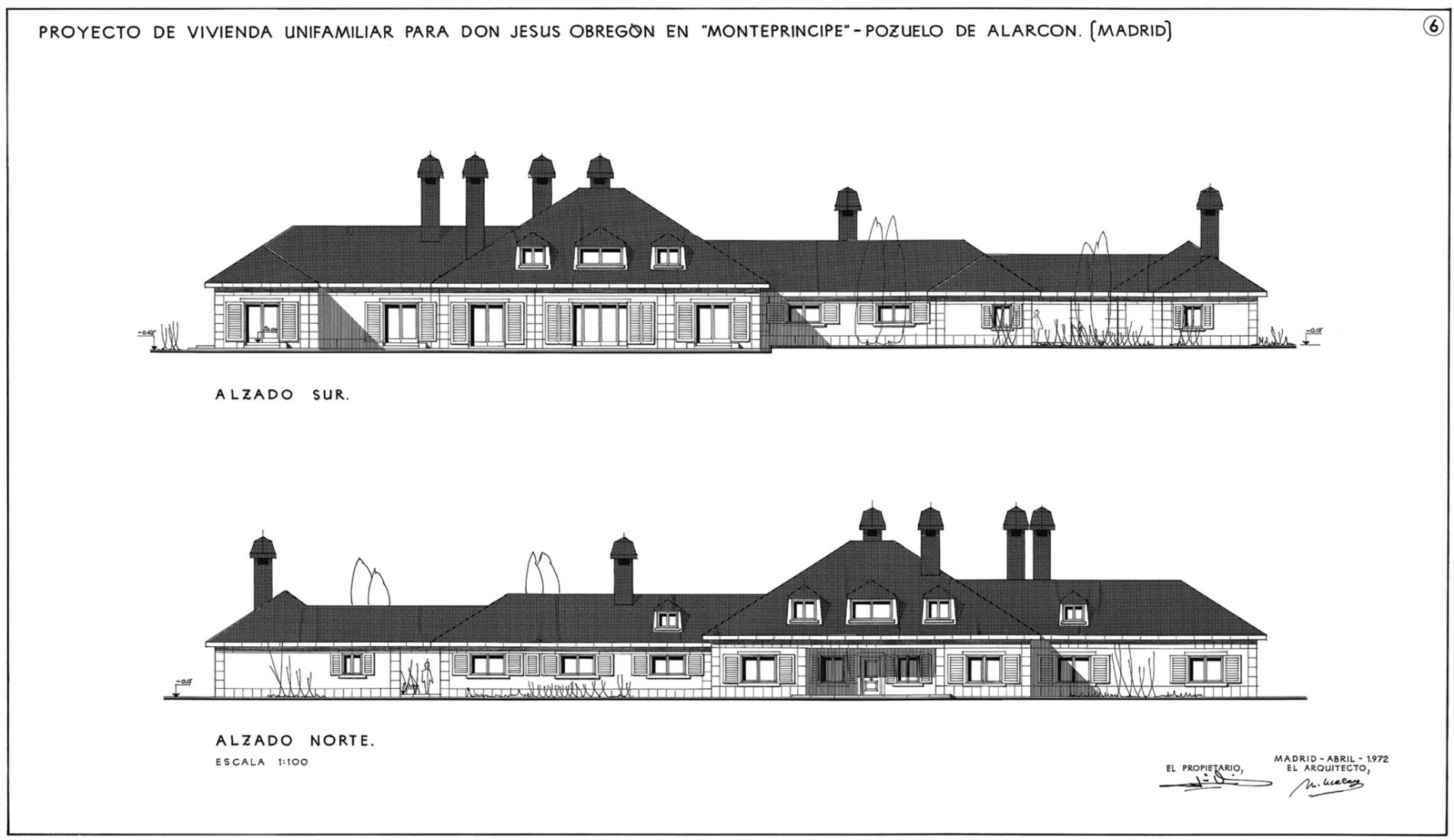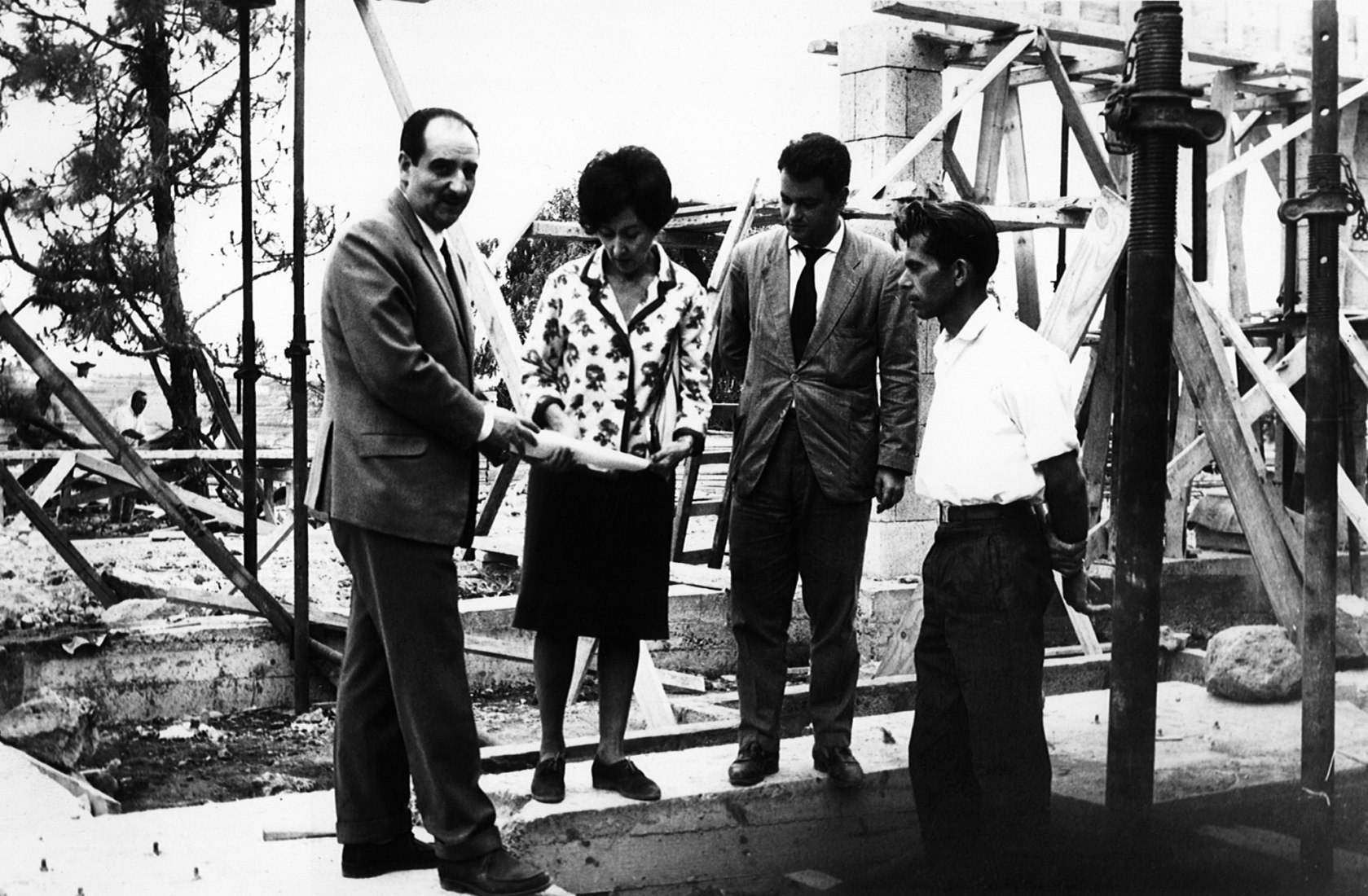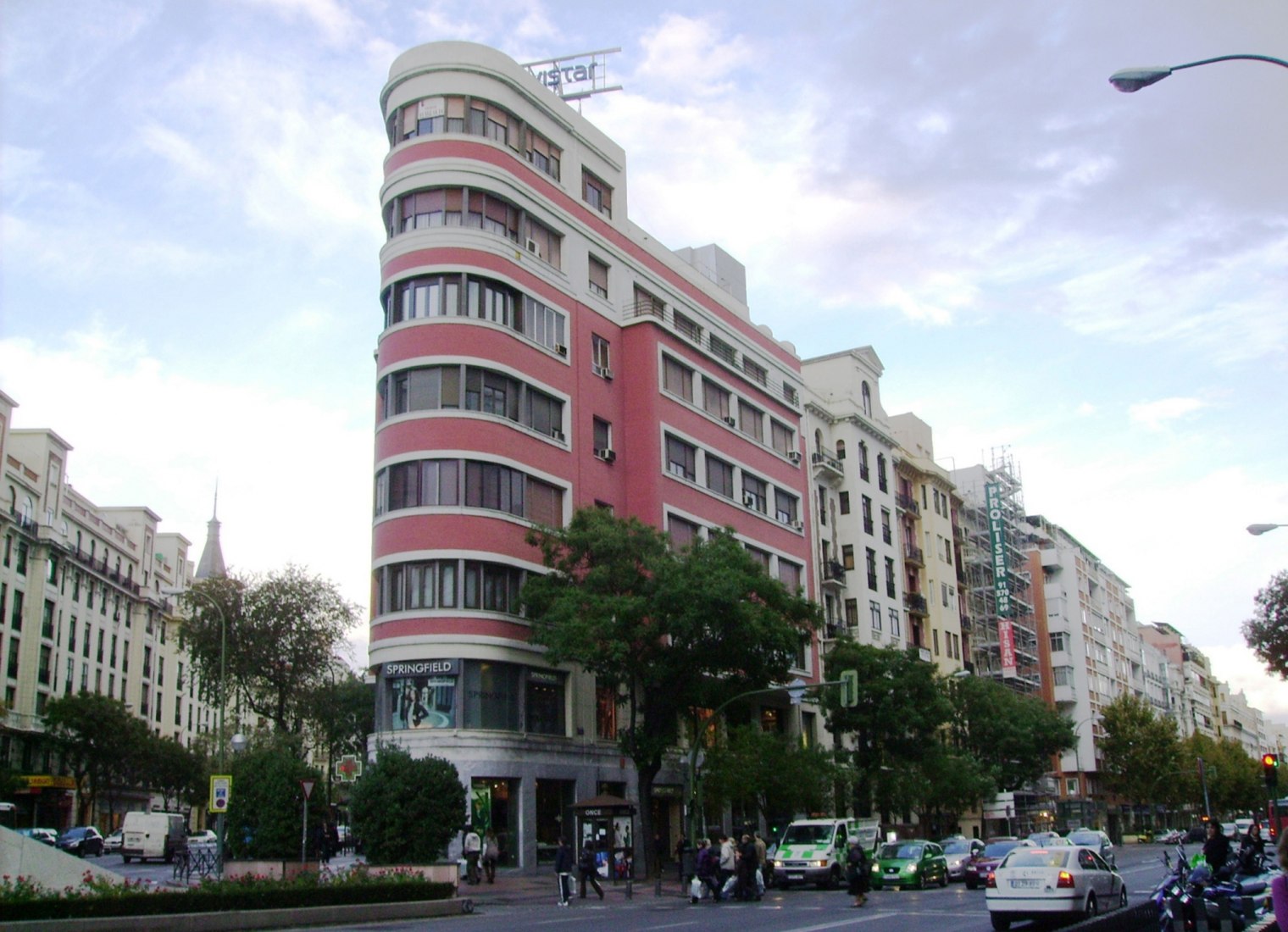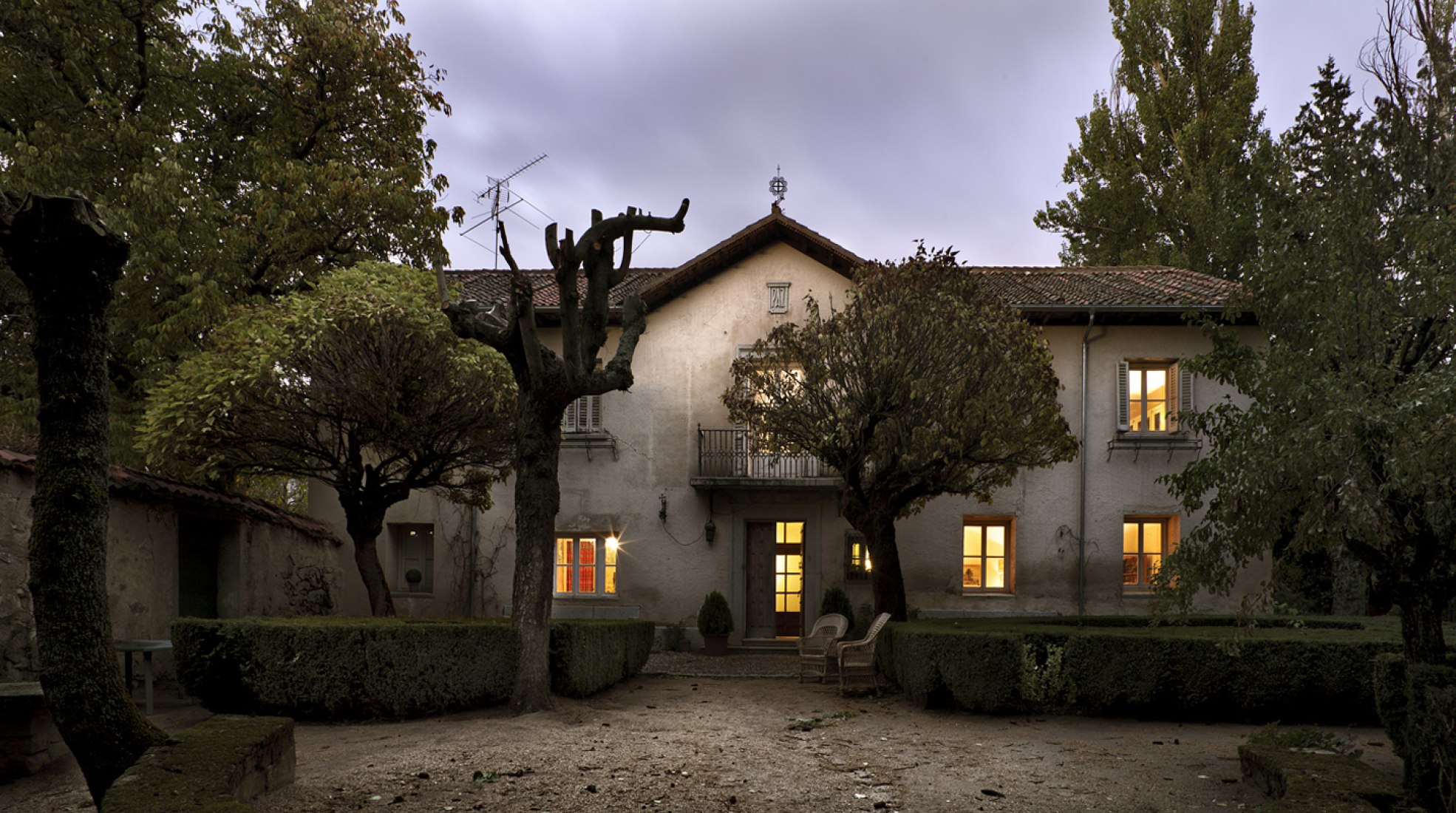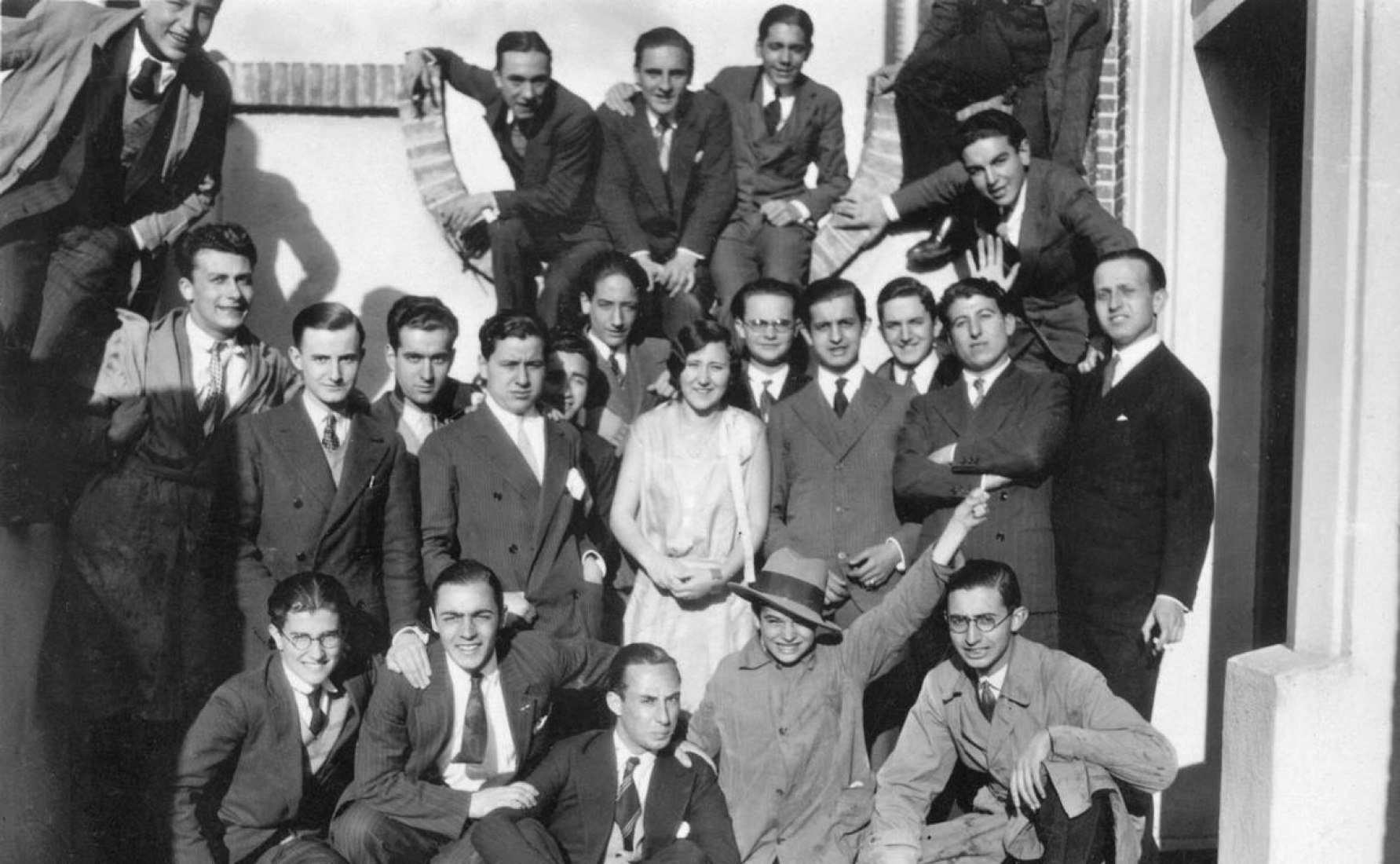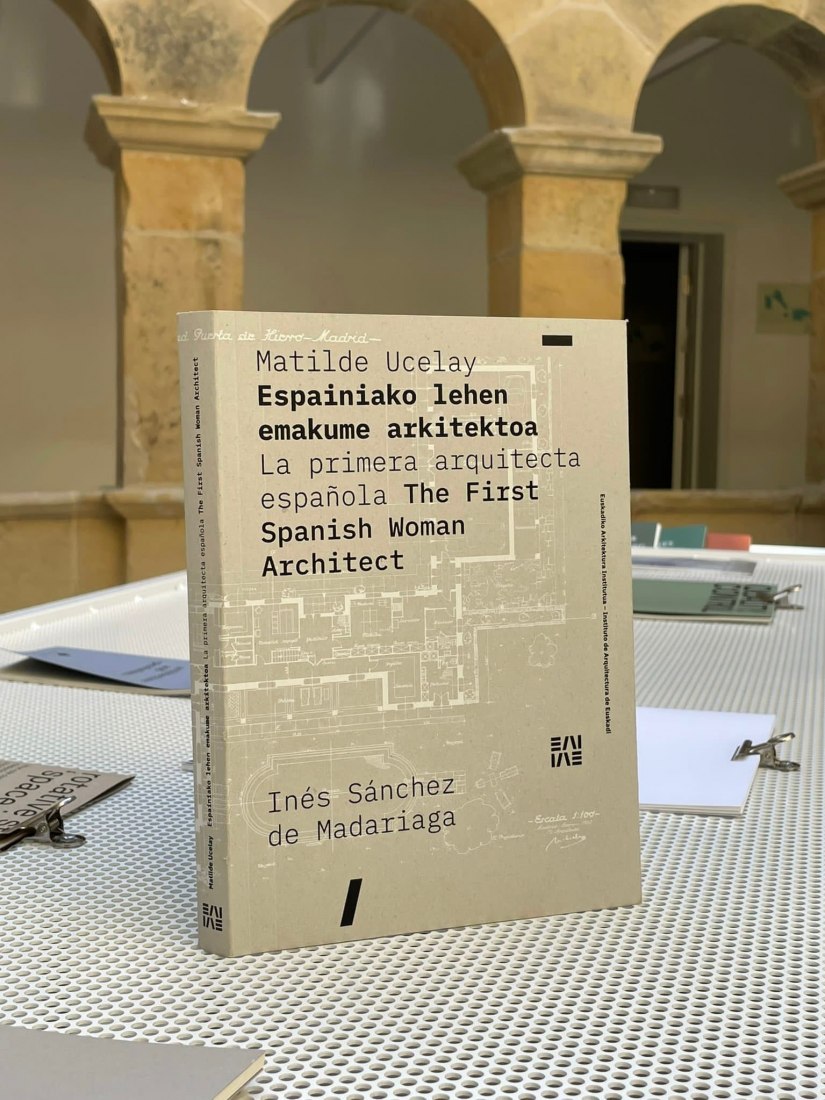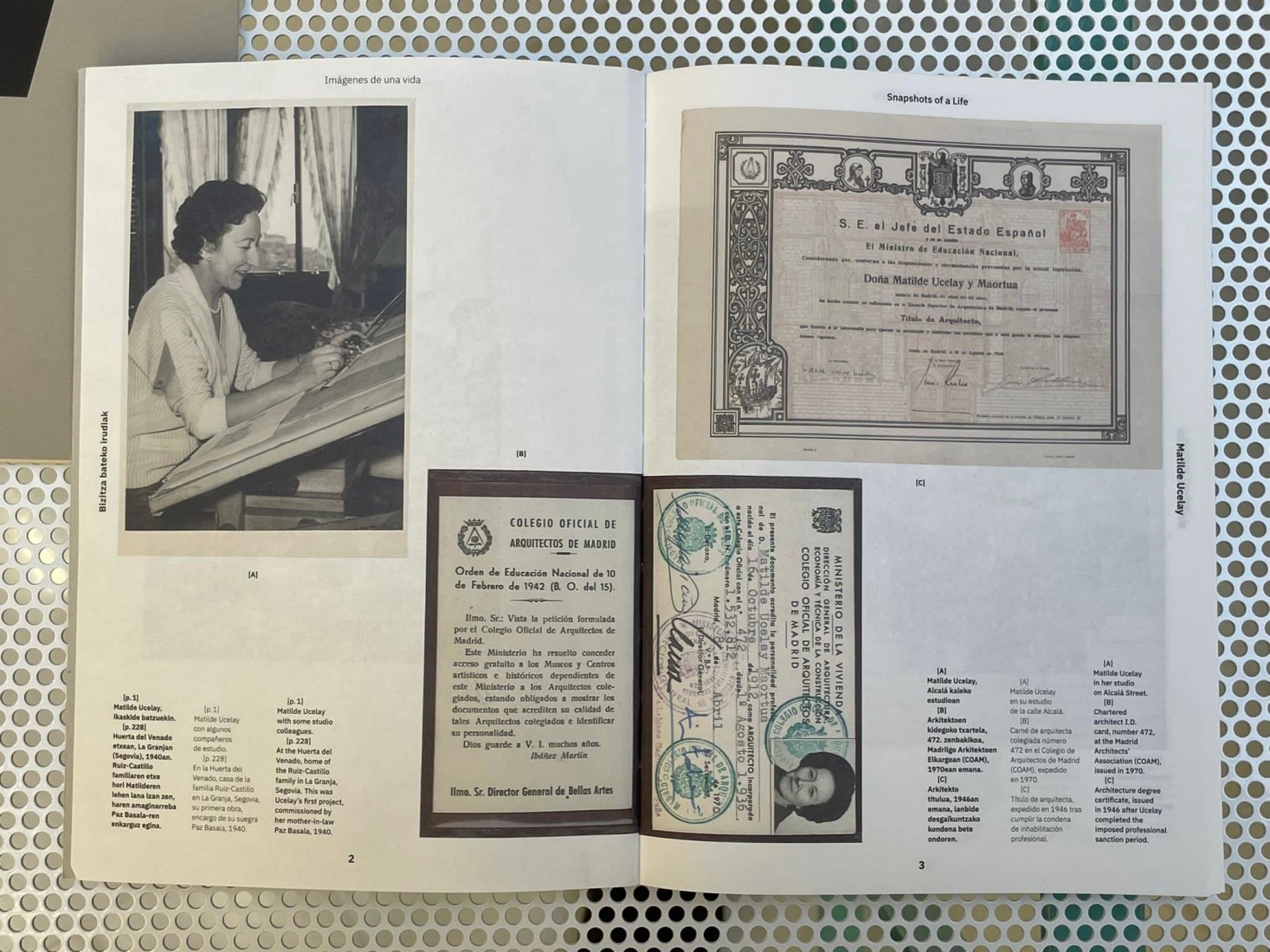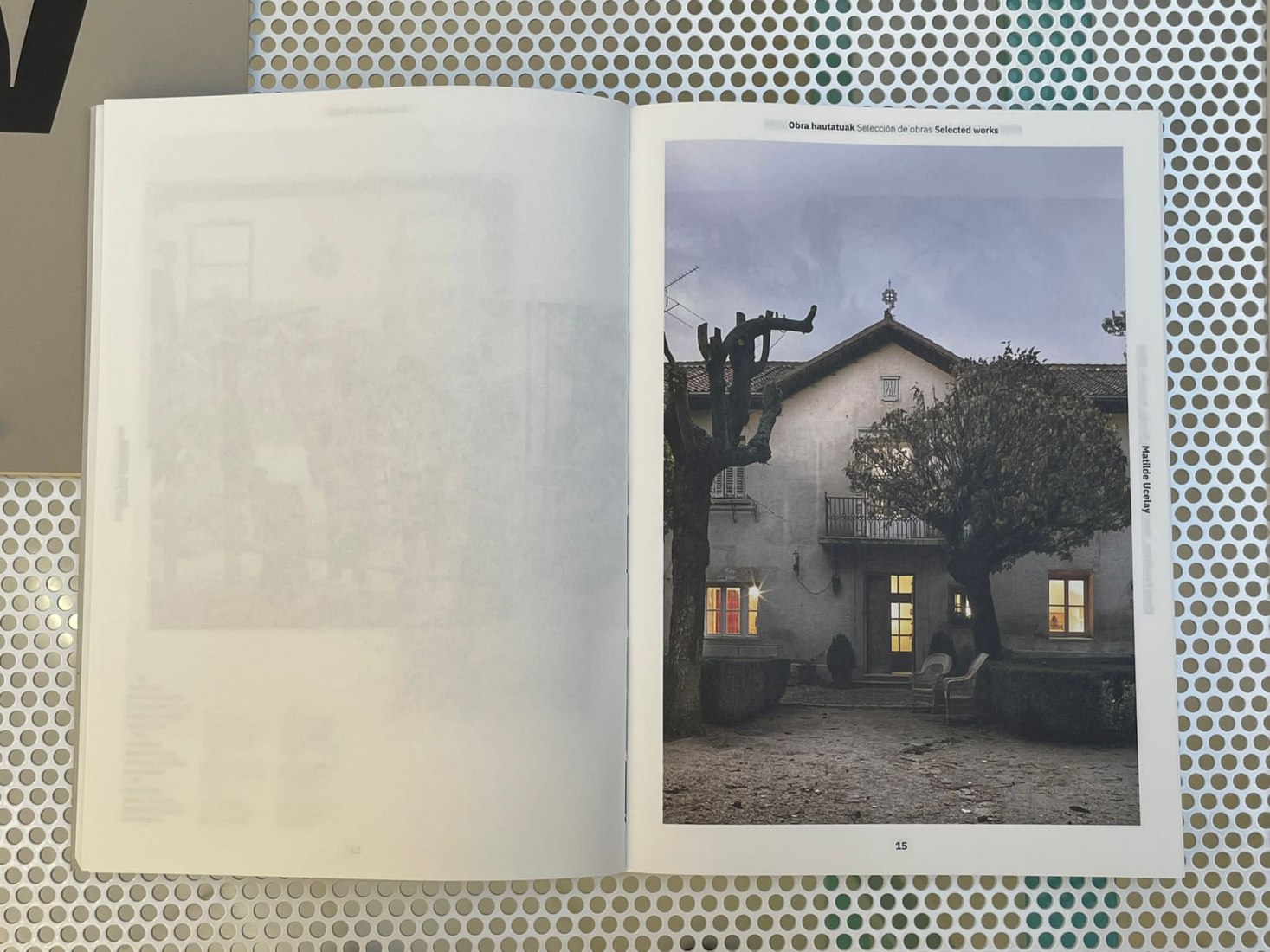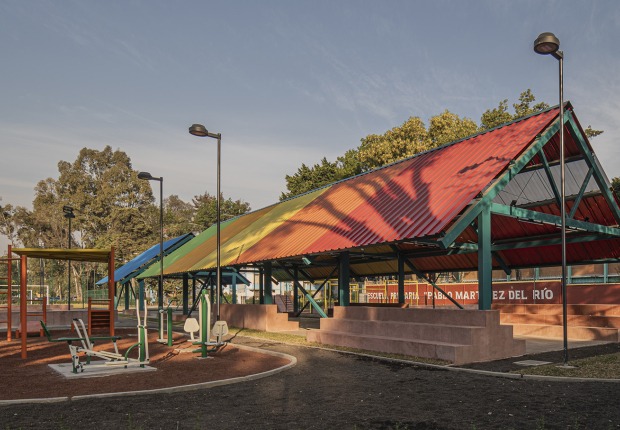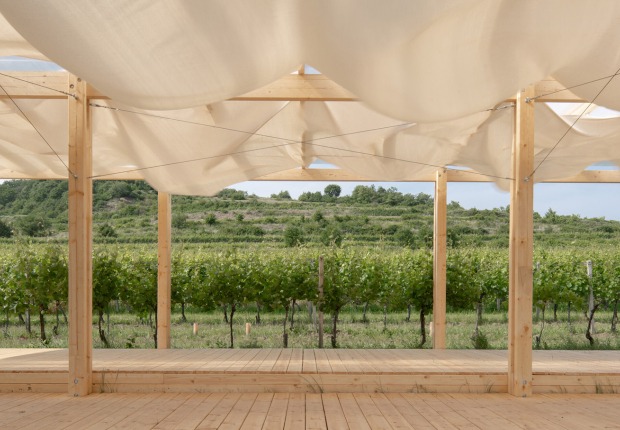In addition to being the first woman architect in Spain -and the first to win the National Prize for Architecture, in 2004-, Matilde Ucelay was one of the few architects who had a solo studio: «Until the year 2000, approximately, very few women had it in Spain. For many decades they have worked as civil servants, or with her husbands, or in large studios... but very few have achieved what she achieved: to make her own projects for her own clientele, "says Sánchez de Madariaga.
Until 1975, very few women graduated in Architecture. “Until the 40s or 50s, only about five. From that time until the beginning of democracy, they did not reach 30. For many decades there were practically no women in architecture. It was an absolutely masculinized profession. For this reason, when she studied at the School of Architecture of the University of Madrid, she was not very well received by many of her classmates or her professors », relates Sánchez de Madariaga.
Ucelay finished his studies in 1936 after completing two courses in one, but not without difficulties. The author of the book highlights her temporary disqualification from exercising her profession and her definitive disqualification from holding public and managerial positions to which she was subjected by the dictatorship: “Even so, she worked right away. When she couldn't sign projects because of retaliation, her friends signed them for her. Since then, she never stopped working in her life », she remarks.
The book «Matilde Ucelay. The first Spanish female architect”, collects all this vital and professional trajectory and highlights a story that its author describes as “exceptional”: “First, studying architecture in her time was going against the expectations that were held for women. Second, exercising her profession during the Franco regime meant doing it at a time when women had no civil rights. They couldn't have a bank account in their name, they couldn't travel, they couldn't even buy a washing machine without their husband's or father's permission... Practice a liberal profession such as architecture, with all the legal, economic, and civil responsibilities that it has, and do it by herself, it's really a very extraordinary trajectory."
